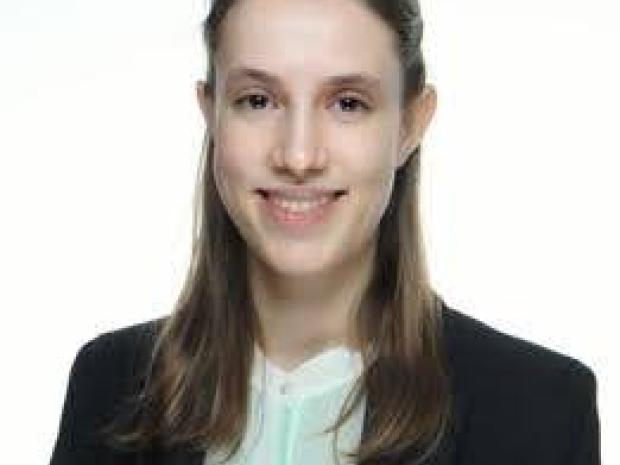Navigating the Complexities of Computational Catalysis: From Atomically Dispersed Catalysts to Cost-Effective Rate Calculations

Speaker
Selin Bas Bilgi
Ph.D. Candidate
University of Southern California
Abstract
Navigating the Complexities of Computational Catalysis: From Atomically Dispersed Catalysts to Cost-Effective Rate Calculations
Computational catalysis empowers researchers to predict and optimize catalytic processes, offering insights into reaction mechanisms, catalyst performance, and the design of novel materials. Despite advancements, questions persist regarding the fundamental processes occurring at the atomic scale during catalytic reactions and the cost-effectiveness of implementing such processes. In this talk, I will present how computational tools can help us navigate the complexities of heterogeneous catalysts and ways to reduce the cost of these calculations.
Firstly, I will introduce atomically dispersed catalysts—novel materials that effectively minimize expensive noble metal consumption by delivering high selectivity and per-atom activity. On these catalyst surfaces, single atoms attach to diverse locations, each exhibiting unique electronic and chemical properties. The binding sites are sensitive to the reaction conditions and can dynamically change during a chemical reaction. I will discuss the effects of such phenomena on the CO oxidation mechanisms and kinetics.
I will then delve into the computational challenges associated with calculating accurate reaction rates, particularly when quantum tunneling plays a substantial role. I will present a novel method, polynomial variety-based matrix completion, designed to reduce the computational cost of sophisticated variational transition state theory. I will demonstrate the ability of this method to predict quantum and variational effects accurately with minimal information through a series of examples spanning gas phase, enzymatic, and catalytic chemistry.
Bio
Selin Bac is a Ph.D. candidate in Chemical Engineering at the University of Southern California. She has research experience in both computational and experimental catalysis. Selin earned her B.Sc. in Chemical Engineering from Bogazici University, where her research focused on utilizing computational fluid mechanics to study microchannel reactors. Selin continued her academic journey at Bogazici University, completing her M.Sc. in the same department. During this period, her research revolved around the design of supported catalysts for glycerol CO2 reforming. Currently, Selin's research is dedicated to unraveling reaction mechanisms and kinetics over atomically dispersed catalysts through atomistic simulations. In parallel, she actively develops matrix completion methods to streamline and enhance reaction rate calculations. Selin's contributions to the field have been recognized with the prestigious Kokes Award at the North American Catalysis Society Meeting. During her time at Bogazici University, she was invited to the EFCATS Young Generation Catalysis Challenge, and she received the Turgut Noyan Award.

